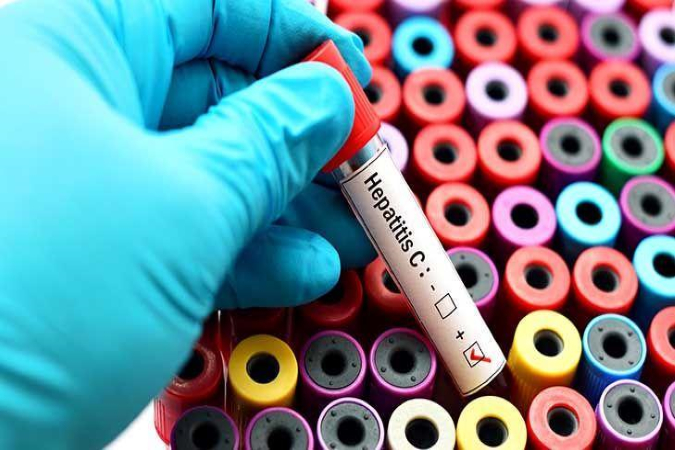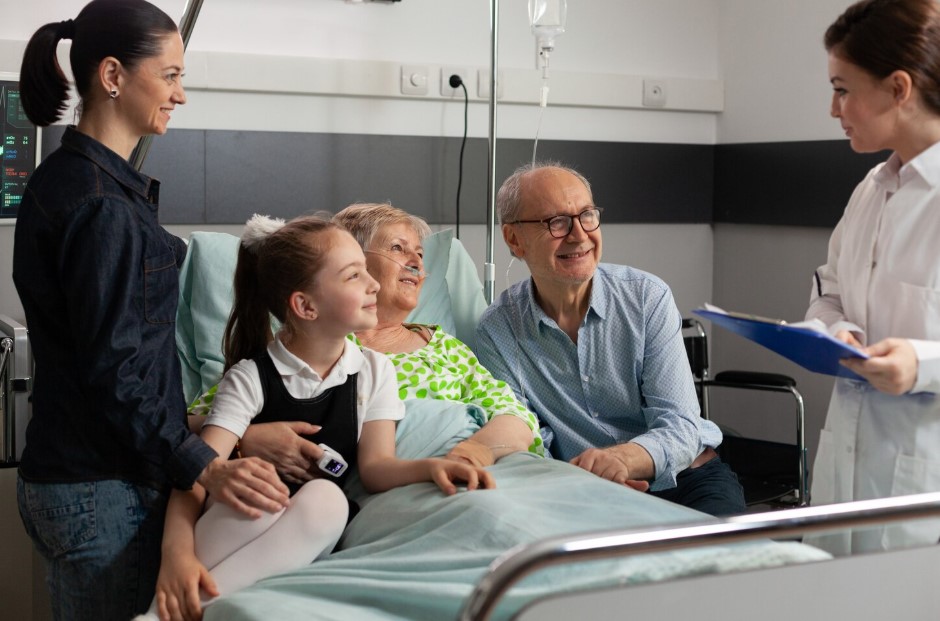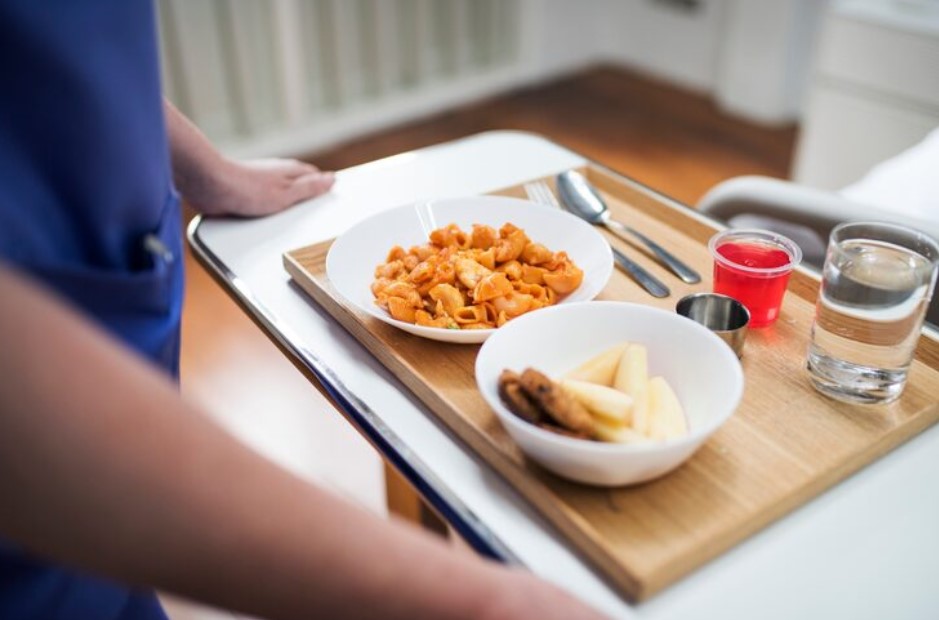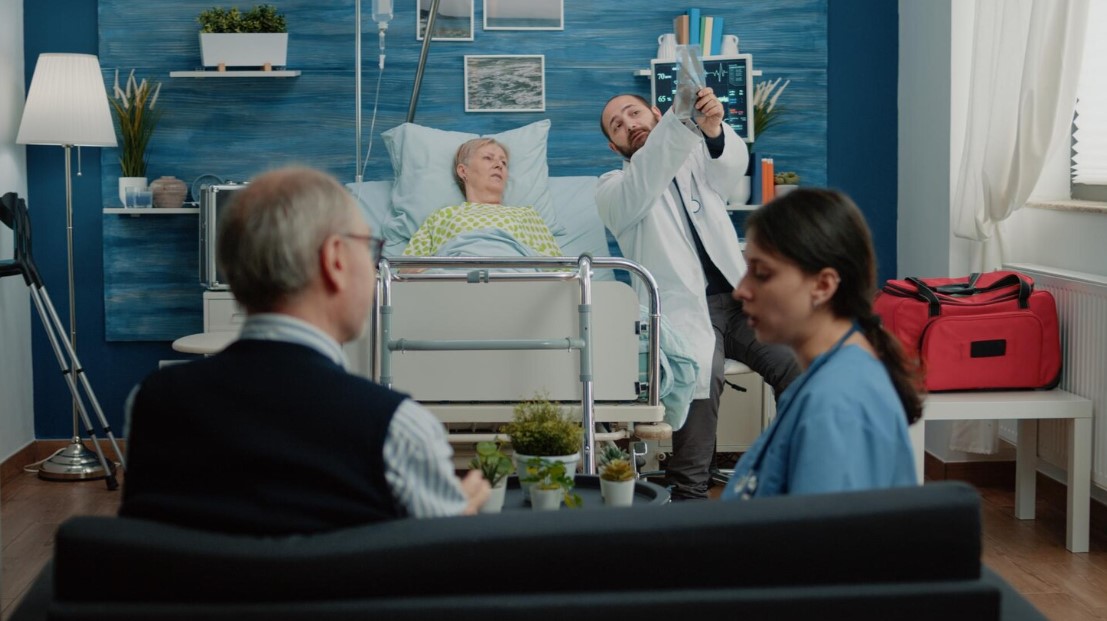01
Aug 2017
Finally, An Affordable Cure for Hepatitis C
Published in News on August 01, 2017

You’ve probably seen the ads on television talking about Hepatitis C. The World Health Organization estimates over 71 million people globally have Hep C and that 95% of those patients can be cured using expensive antiviral medications. Now, the more than 200,000 people in Australia who suffer from Hep C might be able to afford a brand-new and effective treatment.
Health Minister Greg Hunt announces that starting August 1, the Turnbull government plans to subsidise this new drug, called Epclusa. This medication combines the antivirals sofosbuvir and velpatasvir. Because this new drug is part of the Pharmaceutical Benefits Scheme (PBS), patients can expect to pay up to $38.80 a month ($6.30 for concession patients) for this combination drug, which would normally cost over $20,000 for a single treatment.
Health Minister Hunt says that about 800 Australians die each year from Hep C and that “our investment in this drug is aimed at reversing this unacceptable statistic.”
Results from clinical trials of Epclusa show a cure rate of around 90 percent and an added benefit is that this medication can be used to treat patients with any of the Hep C genotypes. The six subtypes of Hep C make it difficult for GPs to identify and treat the correct disease.
Putting Epclusa on the PBS list makes it easier for doctors to prescribe the drug and Minister Hunt expects it to increase uptake rates, especially for patients who live in rural areas. An estimated 227,000 Australians lived with Hepatitis C in 2015.
Australia was one of the first countries to subsidise drugs for patients over the age of 18 who suffer from chronic Hepatitis C. The Kirby Institute data shows nearly 40,000 people have already taken advantage of the subsidies. The government has set aside more than $1 billion for this drug over the next 5 years.
Epclusa is the first medication considered pan-genotypic, meaning the drug is effective against all subtypes of Hepatitis C. Right now, the appropriate treatment for Hep C depends upon which genotype the patient has. Epclusa will make it easier for GPs to prescribe medication for their patients with Hep C. In most cases, treatment consists of one pill a day for 12 weeks.
The drug’s subsidies are only part of the attempt to eliminate Hep C. Other interventions include prevention, early detection of the disease, and eliminating the stigma surrounding Hep C infections; 80 percent of cases occur by sharing paraphernalia to inject drugs. Around 18 percent of the Australian people don’t even know they have the disease.
Along with the push to eliminate Hepatitis C, the federal government also funds a program through the National Immunisation Program to vaccinate again Hepatitis B. Because of this program, over 96 percent of all two-year-old children have been vaccinated.
There’s no vaccine for Hepatitis C, but the new drug Epclusa is a step in the right direction to offer a permanent cure for patients who live with the struggle of Hepatitis C. Australia hopes to eradicate Hepatitis C by the year 2020.









